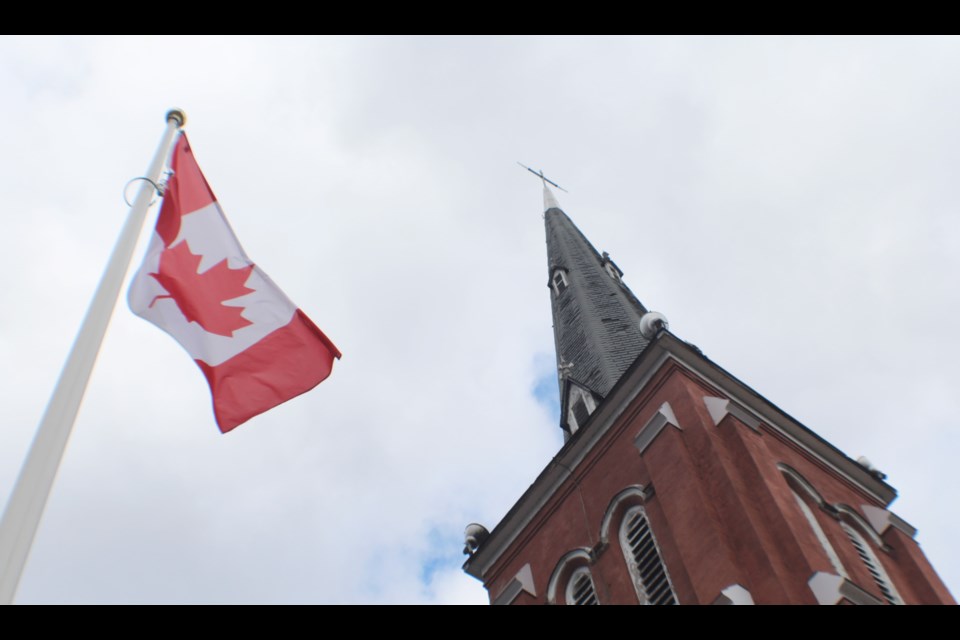
While two-thirds of Canadians report a religious affiliation, this is the first time that the proportion has dropped below 70 percent, reports Ashleigh Stewart in a three-part series on religious transformations in Canada published by Global News (January 8–16). Some religious leaders are hopeful, though, that shifts forced by the pandemic have opened new ways of reaching out, with resistance to virtual services now gone, although there are discussions about how far this development could and should go. The decline affects primarily Christians (who are down to 63.2 percent), while the shares of Muslims, Sikhs, Buddhists and Hindus in the population are increasing, partly due to immigration. The decline is much more striking for a mainstream denomination like the United Church of Canada, which comprised 14.6 percent of Canadian Christians in 1985 and is now down to only 3.8 percent—barely more than the percentage of Muslims. The United Church is aging and already loses more than one church per week across the country. Similarly, Canadian Anglicans are down from 10.4 percent in 1986 to 3.8 percent, too. Moreover, both United Church and Anglican congregations have the lowest level of participation among their members, along with Jewish congregations.

Source: BarrieToday.
While the restrictions brought on by the pandemic have hurt some religious groups, some unexpectedly tend to believe that the Covid-related paradigm shift has been a blessing—although only time will tell if this is true. Sociologist Sarah Wilkins-Laflamme (University of Waterloo) still wonders how many people will finally come back after the Covid shutdowns. Some synagogues are reporting Covid-induced growth, with people joining online services even from distant places. The statistics and research officer for the Anglican Church in Canada, Neil Elliot, who had predicted in 2019 that there would be no members of the church left by 2040, now claims that the state of Anglicanism is healthier than it used to be. Clergy have been creative in developing online services and looking for new members, thus opening new opportunities for the future. The pandemic has accelerated changes in a way that would never have been possible otherwise. Still, a majority of members do not agree that all rites could move online, with three quarters of clergy and laypeople Elliot surveyed in 2021 not agreeing that laypeople should be allowed to administer communion in their own homes.